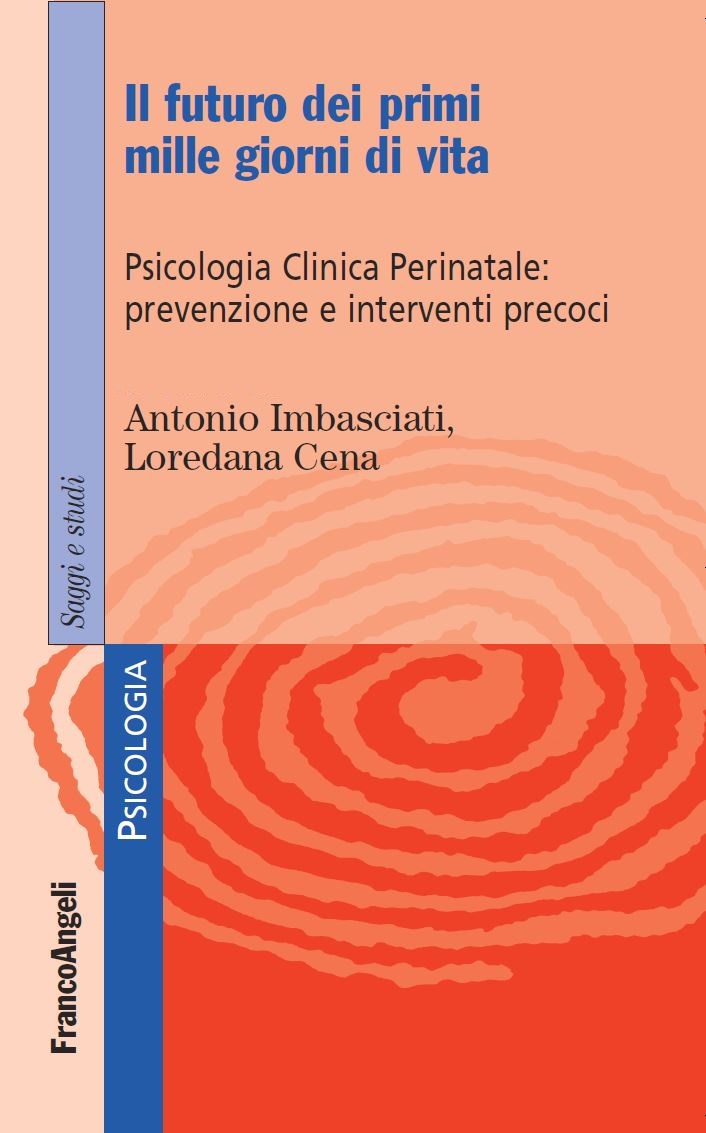
Perinatal Clinical Psychology: the future of the first thousand days of life (IV volume)
In the first thousand days of life, counting from conception, a first individual functional matrix – synaptic networks – is formed which will condition every subsequent elaboration of the life experiences of that individual and therefore every further construction of functionality in the individual’s brain, i.e. every subsequent neuro-psycho-somatic development of that person. This first matrix is formed from the relations between the foetus-infant and mother and the caregivers: the quality of this relational experience is conditioned by the structure of their mindbrain. Arising from this is the crucial importance that parents and caregivers can count on any possible social and mental support so that their Mindbrain is used as best as possible in the construction of that of their children.
Neuroscience has shown how the brain is not given by Nature, i.e. by the genome, except in its macromorphology, whilst its micromorphology and its functionality are constructed by individual experience, in the form of neural networks and synaptic connections, which form the memory of what that brain has learned – including affective skills – following all the relational experiences of a lifetime.
The dependence of human development on relations produces the specific and individual “quality” of every individual mindbrain. This quality includes the structure of individual parenting, which in turn, in that individual, once an adult, will be a central factor in the relations which will produce the “quality” of the neuromental development of that person’s children, today comforted by epigenetics. What will the future of the whole human community be like? Will it be better or worse? Hence the importance of treatment for perinatality, for all parents, for prevention, that is effective not only for individuals, but for the future of our fate.
In “this” Perinatal Clinical Psychology, the volume, with reference to neuroscience and psychoanalysis like the previous three, deals with fundamental topics:
- generativity,
- parenting,
- quality of the mind,
- transgenerationality,
- adverse incidents of the parents,
- prematurity,
- bereavements,
- violence and other traumas,
- training of operators,
Proposing methods of prevention and early action to promote and support, in parents and in operators, relational skills that are adequate for early infant “care” that is a guarantee of mental health for the future generations.
